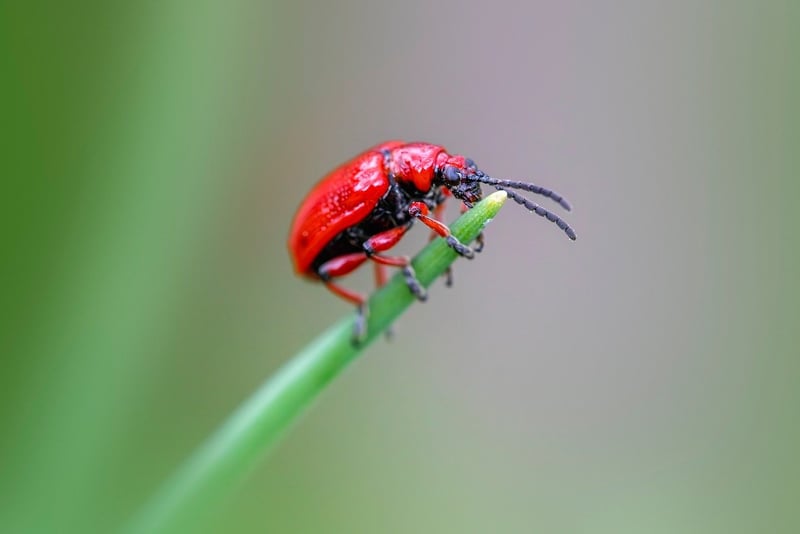Natural Pest Control Methods
Protecting Your Vertical Garden from Pests + Natural Pest Control Methods
Vertical gardens are a fantastic way to bring greenery into small spaces or add a unique aesthetic to your home or office. However, like traditional gardens, vertical gardens are susceptible to pests that can damage your plants. In this guide, we will explore how to protect your vertical garden from pests and discuss some natural pest control methods to keep your plants healthy and thriving.
Identifying Common Pests in Vertical Gardens
Before delving into pest control methods, it's essential to identify the common pests that may target your vertical garden. Some of the most common pests that can affect vertical gardens include:
- Aphids: These small insects feed on plant sap and can quickly multiply, causing damage to your plants.
- Spider Mites: These tiny pests can create fine webbing on your plants and suck the juices out of them.
- Whiteflies: These small, white insects can weaken your plants by sucking sap and transmitting diseases.
- Mealybugs: These small, cotton-like insects can infest your plants and cause stunted growth.
Natural Pest Control Methods
Instead of resorting to chemical pesticides that can harm beneficial insects and the environment, consider using natural pest control methods to protect your vertical garden. Here are some effective techniques:
- Neem Oil: Neem oil is a natural insecticide that disrupts the feeding and reproduction of pests like aphids, spider mites, and whiteflies.
- Diatomaceous Earth: This powdery substance can be sprinkled on plants to control pests like aphids, mealybugs, and caterpillars by dehydrating them.
- Beneficial Insects: Introducing beneficial insects like ladybugs, lacewings, or predatory mites can help control pest populations in your vertical garden.
- Homemade Pest Sprays: Create your own natural pest spray using ingredients like garlic, pepper, or soap to deter pests from damaging your plants.
Conclusion
By understanding the common pests that can affect your vertical garden and employing natural pest control methods, you can maintain a healthy and thriving garden without harming the environment. Keep a close eye on your plants, practice good garden hygiene, and be proactive in dealing with pest infestations to enjoy the beauty of your vertical garden for years to come.
Remember, a little prevention and natural pest control can go a long way in protecting your vertical garden from potential threats.

